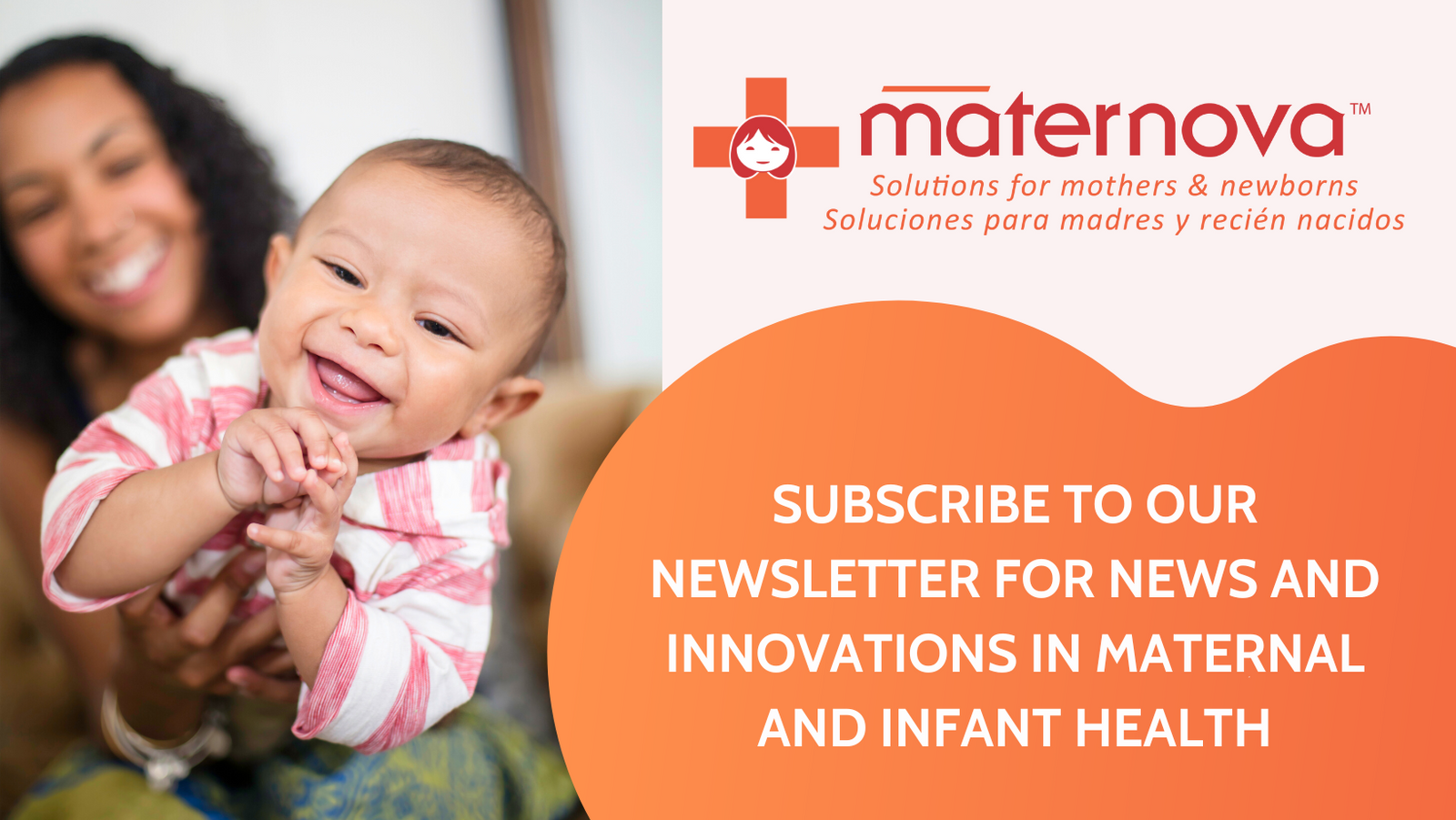
ITPp: Prevention of malaria with this method saves mothers and newborns-- do you know the latest?
July 21, 2017 2 min read
As preventable causes continue to take too many lives in some of the most vulnerable parts of the world, international organizations have teamed up to launch innovative efforts to combat this problem. Malaria in pregnancy is a health risk for both mother and fetus, and determining the precise drug regimen for pregnancy in malarious areas is an ongoing challenge.
One of these initiatives, known as “Transforming IPT for Optimal Pregnancy” (TIPTOP), aims to give pregnant women in sub-Saharan Africa access to a preventive therapy for malaria known as “intermittent preventive treatment in pregnancy” (IPTp). IPTp is well documented as a method to prevent malaria in pregnancy, specifically using three doses of sulphadoxine-pyrimethamine (SP) to PREVENT malaria during the course of pregnancy.
This five-year TIPTOP project will increase IPTp coverage through local distribution of quality-assured medicine as well as expand antenatal care in the Democratic Republic of Congo, Madagascar, Mozambique, and Nigeria. TIPTOP plans to help local community health workers increase IPTp delivery and make sure that anyone who needs the medicine will have access, which includes reaching out to 400,000 pregnant women and their babies. Data and evidence from this approach will also go toward helping policymakers update their IPTp policies. It is important to note that the WHO currently does recommend that pregnant women in areas of moderate to high transmission of malaria receive IPT, which is detailed in WHO Guidelines.
Nearly half a million people each year died from malaria in 2015, with approximately 90% of all these deaths occurring in Africa (WHO, 2016). Due to reduced immune response, pregnant women are less able to fight off malaria infections and are three times more likely to suffer more serious complications that can lead to death for both mother and baby. Malarial infection during pregnancy can lead to miscarriage, premature birth, low birth weight, congenital infection, and/or death (CDC, 2013).
Unitaid and Jhpiego, an international nonprofit health organization affiliated with the Johns Hopkins University, signed an agreement in early May of this year in support of TIPTOP. Unitaid is investing USD$50 million in the project, while Jhpiego is collaborating with the Barcelona Institute for Global Health, WHO, and Medicines for Malaria Venture to ensure that the desired results and goals are reached. Furthermore, these partnerships reflect ongoing international commitment to the United Nations Development Programme’s Sustainable Development Goal 3: to accelerate maternal and newborn mortality reduction in Sub-Saharan Africa.
by Vivian Shih, Maternova
blog by Vivian Shih
Leave a comment
Comments will be approved before showing up.
Also in The Maternova Blog

A Point of Care Bilirubinometer Using Blood: BiliDx
January 16, 2024 2 min read

Clinical Indications for Applying (and Removing) the NASG: Rule of 20
January 15, 2024 2 min read
The garment must be removed upon reaching hemodynamic stability for at least two hours, where it is evident:
- Blood loss less than 50 mL/hour
- Pulse less than 100 beats per minute



